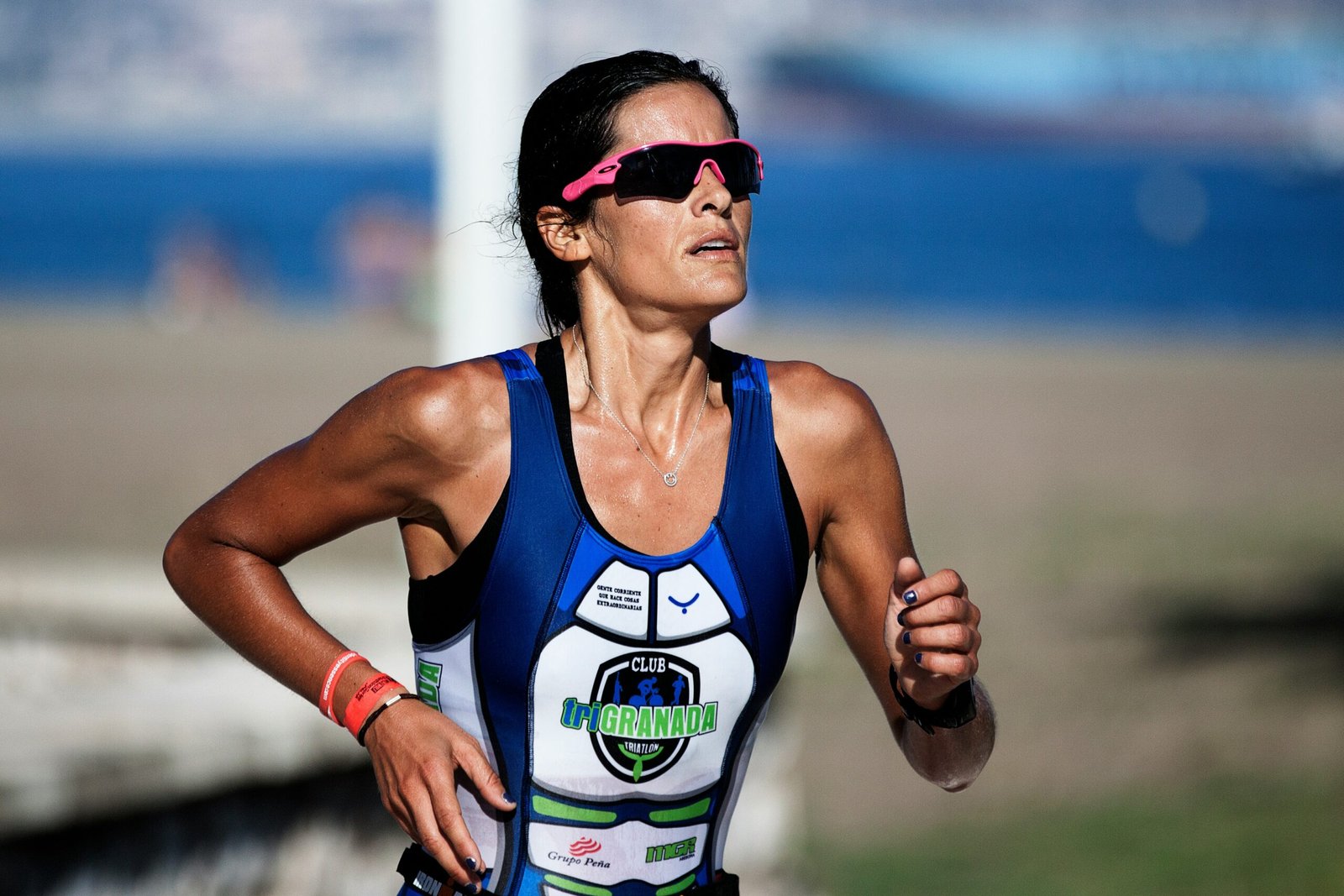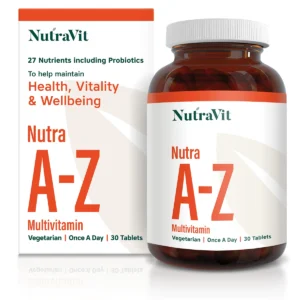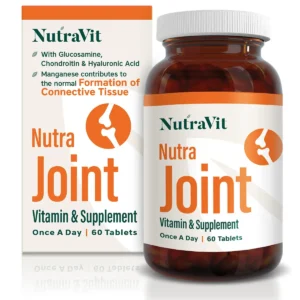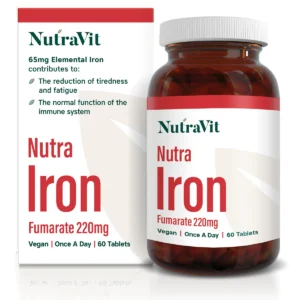In the fitness industry, shredding is one buzzword used on the build up to and throughout summer. Many people want to feel fitter for this season. In 2022 a poll was conducted showing that in the summer adults on average exercise around 4 times a week.
While it’s not stated what exercise people do, running is likely one activity. On average around 6.2 million of the UK population love to run due to endorphins and weight loss attributed benefits.
But is it good to run in the heat to maximise calorie burn? Find out below with our tips and tricks about hot weather running below.
Is it good to run in the heat?
Running in the heat can benefit your body and burn MORE calories. You burn more because your body has to adapt harder to working out in the heat, hence the higher calorie burn. Here are some of the ways your body has to adapt, triggering a bigger calorie expenditure:
Higher cardiovascular strain
When you run in heat, your body has to undergo more strain to work harder, especially your cardiovascular system, to maintain homeostasis. In particular, your heart has to pump more blood to your skin’s surface, increase your heart rate, sweat more, and burn more calories.
Transport in energy
When you run in the heat, your body shifts how fuel is stored and utilised. Often, it depends more on carbohydrates and energy reserves than fat in cooler temperatures. However, this does not exactly translate to more calories burned but the body’s ability to work harder.
Physiological changes
Also, heat training can cause changes to your body, increasing your body’s plasma and helping with cooling and blood flow. It assists with thermoregulation and increases the quantity of oxygen you consume, helping with a more efficient calorie-burning process.
Running in hot weather – 5 tips to know
To run safely and efficiently burn calories in the heat, try following these summer run tips:
Pick the right time
Whenever possible, try to refrain from running during the peak summer sun. Usually, the sun reaches its hottest between 11am-3pm, so try, if possible, to run first thing in the morning or the evening. On the contrary, if you have no option but to run in this window, try and swap your runs for shorter and slower ones.
Stay hydrated
This might sound like a no-brainer, but stay hydrated when you run. In addition to drinking water, you might want to add electrolyte sachets and rehydration salts. Also, always avoid caffeine and alcohol prior to running.
Have ventilation
When running, try wearing light clothing to allow you to cool down. Try adding tops that have vents to keep you fresh and wick away sweat to stay dry and comfortable. Alongside a high-SPF sunscreen, sunglasses, and other pieces of kit.
Run in the shade
No matter when you run, try and seek the shade whenever possible. Always plan and try to run along trails or parks with lots of trees to cover.
Always eat
Fuel is important when you’re running in hot temperatures, especially if you’re running long and hard sessions. You’ll want to eat a lot before the run to help you cope with the hot weather and extra calories burned. Try eating a light carb-filled breakfast before going out, as this will help you fuel up and perform better on your run.
What are the risks of running in the heat?
Running in the heat can benefit your body, but if you don’t pay careful attention to your hydration, food intake, and exposure to the heat, you could face some risks. Here are three major risks you could face:
- Heat exhaustion: If you don’t hydrate properly and pace yourself, you can risk heat stroke and heat exhaustion. Typical symptoms are sweating, dizziness, and nausea.
- Increased heart rate: Running intensely in high heat can increase your heart rate, making it difficult to maintain a good pace. If not taken care of, this can lead to fatigue and a bad performance.
- Dehydration: When running in the heat, a lot of fluid is lost through excess sweating. If you don’t replace them with water, foods or electrolytes, you can become dehydrated, stopping your body from cooling down
Essential vitamins for runners
Alongside drinking more water and eating a healthy diet, there are some minerals and vitamins runners should take to optimise their runs all year round. If you’re a runner looking to maintain optimal health, you might be interested in trying the following:
Multivitamins
Although runners often get a lot of nutrients from their diet, multivitamins can help them fill in the gaps where they’re missing. They help with energy production, reduce fatigue, reduce inflammation (helping cope with high-intensity runs in the heat), immunity and reduce the risk of fractures.
Try: Nutra A-Z, a multivitamin 27 nutrients supporting muscle function, reducing fatigue, heart function and promoting bone health, to support running.
Glucosamine
Whether running in the heat or not, runners should look after their joint health. One compound that can be beneficial to supporting joints and cushioning during runs is glucosamine. This compound helps support the formation and maintenance of bone cartilage and synovial fluid, adding lubrication for joints.
Try: NutraJoint, a vitamin supplement specifically formulated to support joint health and alleviate joint pain. One of its main ingredients is glucosamine, which can help with joint flexibility and bone health, crucial for runners.
Iron
Iron is one mineral that runners lose through sweat, which can be lost in excessive amounts in the heat. If you like to run in the heat, it’s always a good precaution to take iron supplements alongside eating foods rich in iron.
Try: NutraIron a highly absorbable iron supplement that supports cognitive function, reduces tiredness and fatigue and supports oxygen transport around your body.
Running in the heat- the bottom line
Overall, running in the heat may allow you to burn slightly more calories than running at other temperatures. However, hot weather running is also associated with risks such as dehydration, heat exhaustion, heat stroke, and increased heart rate.
So, if you do decide to run at a higher temperature, you should fuel up to get sufficient water and food. To support your running, you might want to take multivitamins, iron, and glucosamine to ensure you get enough oxygen, energy, and support for your joints.
Want to know how to maximise your health? Check out our article on 5 most important minerals for optimal health.
 FREE UK DELIVERY ON ORDERS OVER £20.
FREE UK DELIVERY ON ORDERS OVER £20. WORLDWIDE SHIPPING AVAILABLE
WORLDWIDE SHIPPING AVAILABLE



